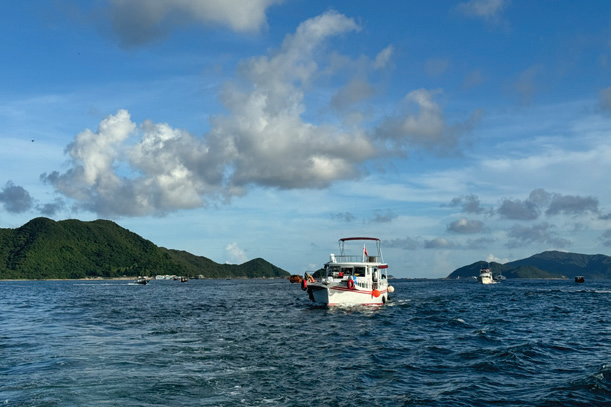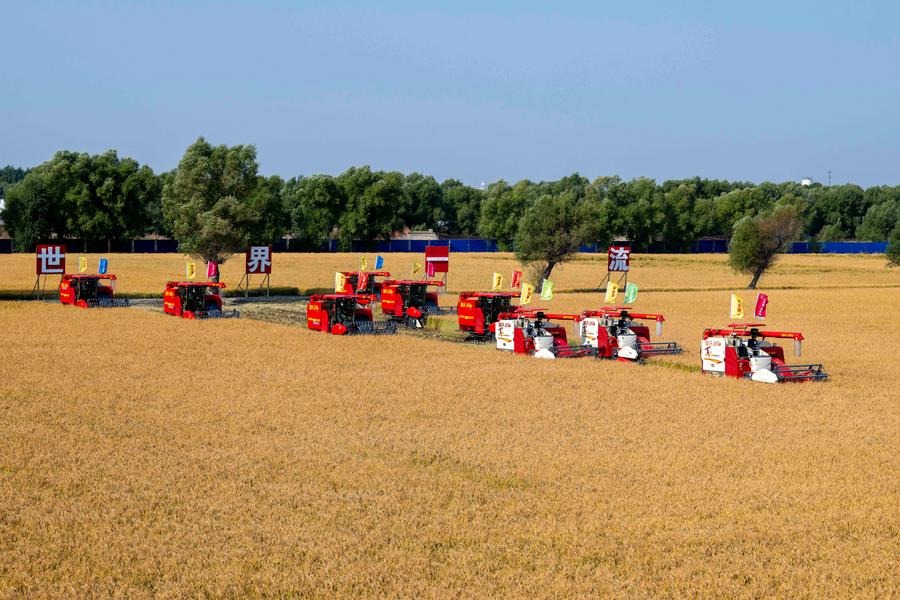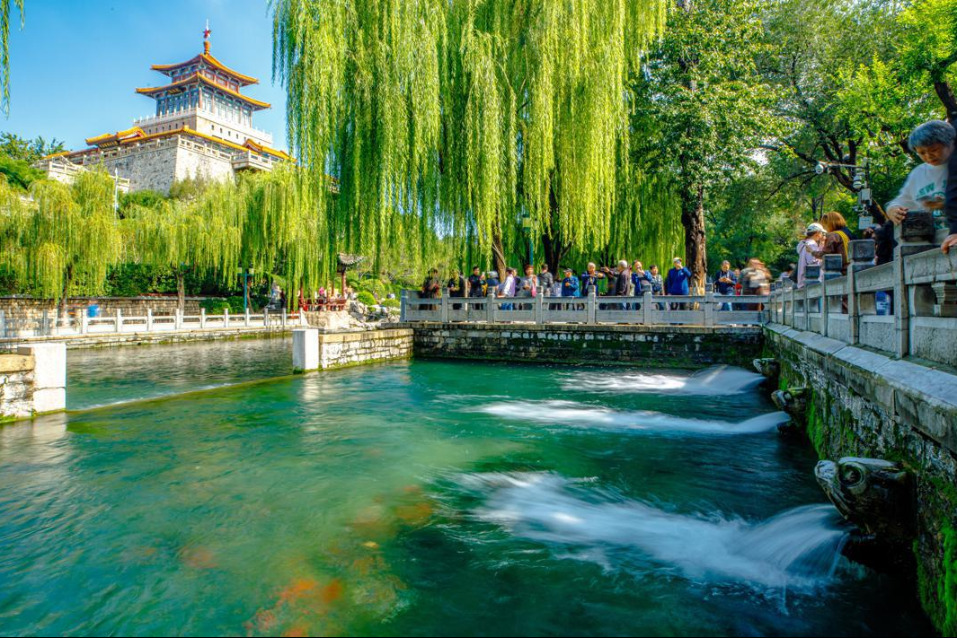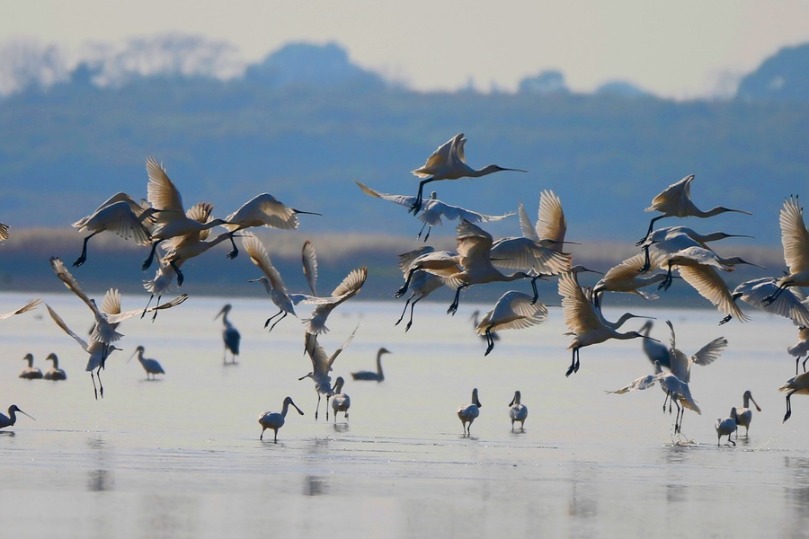Country moods

Hong Kong is giving ecotourism a boost with plans to help more rural eateries and lodging facilities. Community leaders and industry players have welcomed the move, saying it will spur economic growth and promote urban-rural integration. Wu Kunling reports.

From Yim Tin Tsai pier, a stroll along tranquil village paths leads to a small restaurant and store nestled under shady trees, serving traditional Hakka delicacies like tofu pudding, herbal tea and cha kwo (steamed sticky rice dumplings). Run by Kito Chan and her family for nearly a decade, the eatery also hosts occasional workshops, showcasing traditional local cuisine like bamboo rice.
Set in the inner waters of Hong Kong's Sai Kung district, the picturesque island village of Yim Tin Tsai boasts a rich history spanning over 300 years, with Hakka and Catholic cultures seamlessly intertwined. Its name points to its defining feature — a salt pan — and it is the city's only salt pan still in operation. Stepping into the restaurant, visitors can relax and view the ancient pan. The place is almost the only "refueling point "on the island and is featured in countless travel guides.
But, Chan laments that the eatery's revenue has fallen short of covering basic expenses this year, necessitating subsidies from family members' other jobs.
- Shanghai demonstrates ecological protection, building a green future
- Lithium battery spontaneously combusts on flight from Hangzhou in China to Seoul, no injuries reported
- China-EU university presidents' dialogue advances education
- Foreign vloggers immerse themselves in the cultural heritage of Shanxi
- Hunan's traditional crafts turn heads at Paris fashion show
- Company's initiatives highlight Xinjiang's shift to low-carbon gas transportation




































